Especially if you use one of the top rewards cards in Canada, it helps to know if your credit card rewards are taxable. There’s no quick or simple answer – it depends on whether you’re using the card for personal or business reasons and how you’re cashing out the rewards.
By and large, credit card rewards aren’t taxed since you typically earn them by making purchases. The Canada Revenue Agency views these as discounts on purchases, rather than income.
Below, we take a look at how rewards may or may not affect your taxes. We’ll also check out some of the best rewards credit cards to help boost those earn rates.
Key Takeaways
- Personal credit card rewards typically aren’t taxed if you earned them by making purchases.
- Rewards that are given automatically, without requiring spending, might be taxable.
- If you earn rewards for business expenses and convert them to cash, you may have to pay taxes on them.
Never miss an amazing deal again + get our bonus 250+ page eBook for FREE. Join 50,000 other Canadians who receive our weekly newsletter – learn more.
Are credit card rewards taxable?
So, are credit card rewards subject to taxation?
It depends on whether your purchases were for business or personal reasons.
Rewards on personal purchases
Any rewards earned on personal purchases are not subject to income tax in this case.
Why? The CRA recognizes credit rewards as a discount, not income. Therefore, you don't have to worry about reporting what your rewards are worth, even for simple cash back.
Now, that's not to say things can't change. Legislation could change in the future, and your rewards may be subject to taxes.
But at least for the foreseeable future, they won't be.
Rewards for business purchases
Business purchases are another story.
Whether it's expenses for your small business, or you're an employee who uses a credit card to make purchases for your work and get reimbursed (i.e. a business trip), your rewards may be subject to income tax.
Whether your rewards can be taxed depends on whether you're earning cash for them. If you collect cash back or turn rewards points into cash, you have to report these as taxable income.
If not, then you're fine.
What about business credit card rewards?
Things are a little different if you provide employees with a company credit card. This makes the employer responsible for the points they earn. Specifically, you must report on their T4 the fair market value of the personal rewards they received. These points are now a personal benefit and are subject to income tax.
This last part makes sense – it can be a way to avoid paying taxes. If one way to pay your employees is to give them a ton of points in place of some salary, you can avoid significant taxes by getting plenty of free rewards.
However, if you use the points for business-related expenses, then they aren't subject to tax.
Summary: Which credit card rewards are taxable
Here's a summary of what is and isn't taxable when it comes to credit card rewards:
| Expense Type | Taxable | Examples of taxable rewards | Not taxable | Examples of non-taxable rewards |
|---|---|---|---|---|
| Any rewards earned from personal expenses | Rewards are taxable if they are given without making purchases. | You sign up for a card that has an automatic welcome bonus with no spending requirements. | Rewards aren’t taxed if you’ve earned them by making purchases | Rewards for purchasing groceries, recurring bills, entertainment, dining out, and transit |
| Personal credit card used for business expenses | Cash back or points converted to cash | You use your personal credit card and use your cash back rewards to pay for a business conference. | Rewards points not converted to cash | You use your personal card to book a hotel for a business conference using your card’s reward points. |
| Business credit card used for business expenses | Cash back and points are distributed to employees to use | You give your employee a business card and allow them to use reward points for anything they like. | Rewards points that are used towards business expenses (i.e. travel) | An employee is given reward points to use for booking a flight for a business trip. |
Overall, the two general rules are:
- Credit card rewards from personal expenses are never taxable
- Collect points (and don't redeem them for cash) for business expenses
How does income tax affect your net credit card rewards?
If you have to report credit card rewards on taxes, how can it impact your taxes? What might you owe?
Here are a few examples, using Ontario as the province of residence, with varying amounts of rewards that need to be included on a tax return, at different income levels:
| Income | Rewards Being Reported | Tax Rate | Amount Owed | Net Credit Card Rewards |
|---|---|---|---|---|
| $40,000 | $1,000 | 20.05% | $201 | $799 |
| $60,000 | $2,000 | 29.65% | $593 | $1,407 |
| $80,000 | $500 | 29.65% | $121 | $148 |
You're obviously still much farther ahead, but if you stick with rewards points (instead of cash), it's that much more in your pocket.
Factoring in tax brackets
As you can see, your tax bracket plays a role in this. As your income increases, you'll be paying more in taxes.
Take our first and last examples: Even though you've only reported half the rewards, you've lost a little bit more of them.
You can view the current tax rates on the federal government's page: Tax rates and income brackets for individuals.
Best rewards credit cards in Canada
Here are a few top rewards credit cards to consider, including a business rewards card:
| Credit Card | Welcome bonus | Earn rates | Annual fee and income requirements | Apply now |
|---|---|---|---|---|
| American Express Cobalt® Card |  $100 GeniusCash + Up to 15,000 bonus points (terms) $100 GeniusCash + Up to 15,000 bonus points (terms) | * 5 points per $1 spent on eligible groceries and restaurants (up to $2,500 spent per month) * 3 points per $1 spent on eligible streaming services * 2 points per $1 spent on eligible gas, transit, and ride share purchases * 1 point per $1 spent on foreign currency purchases * 1 point per $1 spent on all other purchases | * $191.88 * No income requirements | Apply now |
| MBNA Rewards World Elite® Mastercard® |  $20 GeniusCash + 30,000 bonus points (terms) $20 GeniusCash + 30,000 bonus points (terms) | * 5 points for every $1 spent on restaurants, groceries, and select recurring bills (up to $50,000 spent annually per category) * 1 point per $1 spent on all other purchases | * $120 * $80,000 personal or $150,000 household | Apply now |
| TD® Aeroplan® Visa Infinite* Card | Up to 40,000 bonus points (terms) | * 1.5 points per $1 spent on eligible gas, electric vehicle charging, grocery and direct through Air Canada purchases * 1 point per $1 spent on all other purchases | * $139 * $60,000 personal or $100,000 household | Apply now |
| RBC Avion Visa Infinite | 55,000 bonus points (terms) | * 1.25 points per $1 spent on travel * 1 point per $1 spent on all other purchases | * $120 * $60,000 personal or $100,000 household | Apply now |
| BMO Ascend™ World Elite®* Mastercard®* |  $150 GeniusCash + Up to 100,000 115,000 bonus points, first year free (terms) $150 GeniusCash + Up to 100,000 115,000 bonus points, first year free (terms) | * 5 points per $1 spent on travel * 3 points per $1 spent on dining, entertainment, and recurring bills * 1 point per $1 spent on all other purchases | * $150 * $80,000 personal or $150,000 household | Apply now |
FAQ
Do credit card rewards go on taxes?
If you’re talking about personal rewards that you earn on purchases, then they aren’t taxed. However, if you use your personal card for business expenses and convert the points to cash, it is taxable income.
Are loyalty rewards taxable?
Credit card loyalty rewards aren’t taxable if you earned them by using the card to make purchases, since that essentially makes the reward a discount, not income. If you didn’t have to spend to get rewarded, it may be taxable.
Can you pay income tax with a credit card?
The Canada Revenue Agency allows you to pay income tax with a credit card through a third-party, but be aware that the third-party might charge you servicing fees, which could be hefty if your bill is high.
What's the best rewards credit card in Canada?
The American Express Cobalt Card is the best rewards credit card in Canada, earning up to 5 points per $1 spent. When you consider the point value, your return is up to 10% on your spending.
creditcardGenius is the only tool that compares 126+ features of 228 Canadian credit cards using math-based ratings and rankings that respond to your needs, instantly. Take our quiz and see which of Canada's 228 cards is for you.





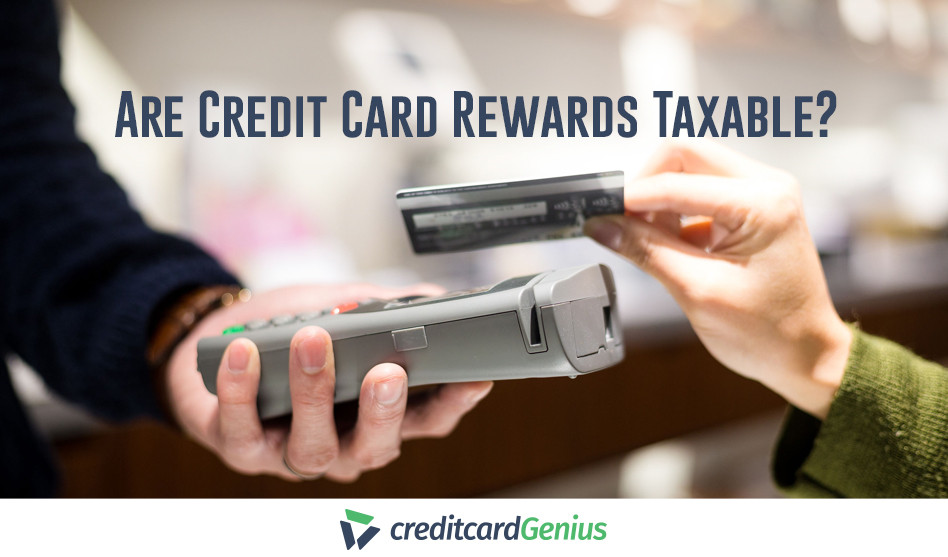
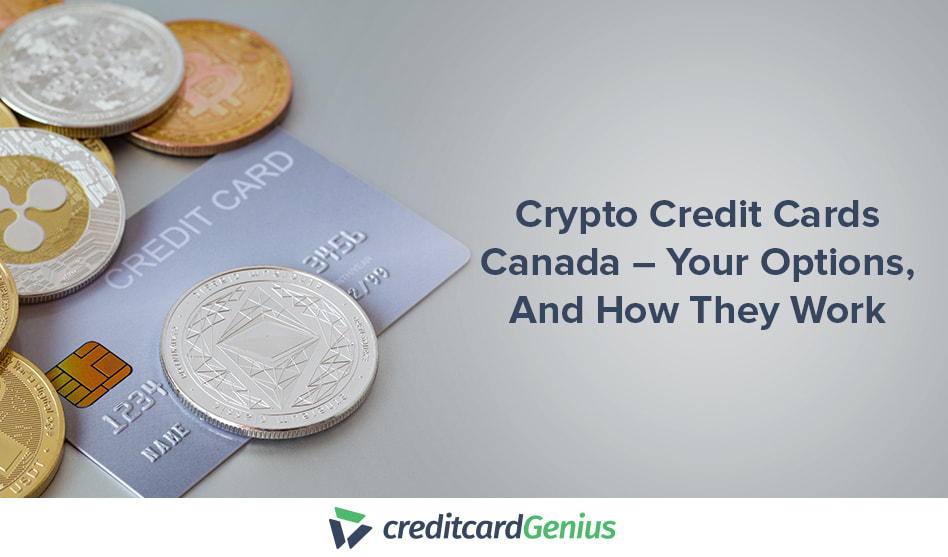


 GC:
GC: 








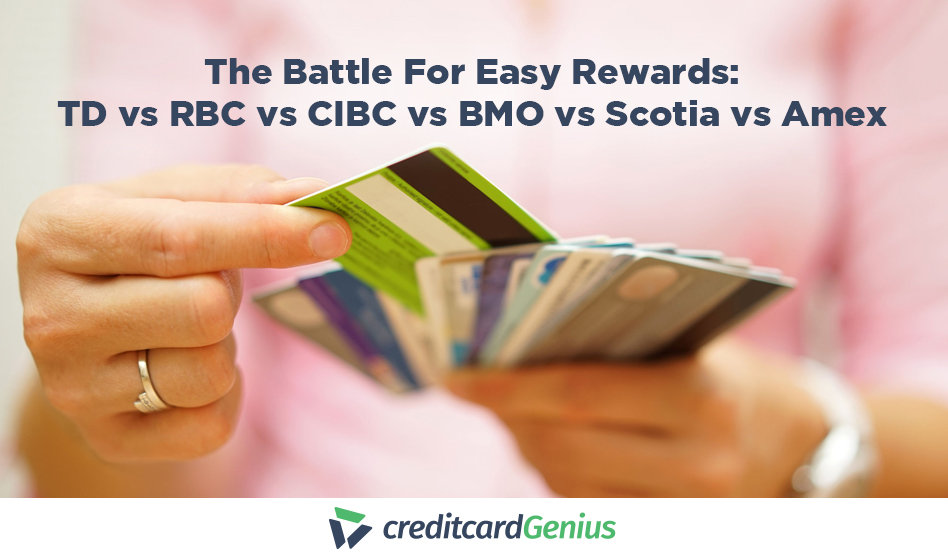
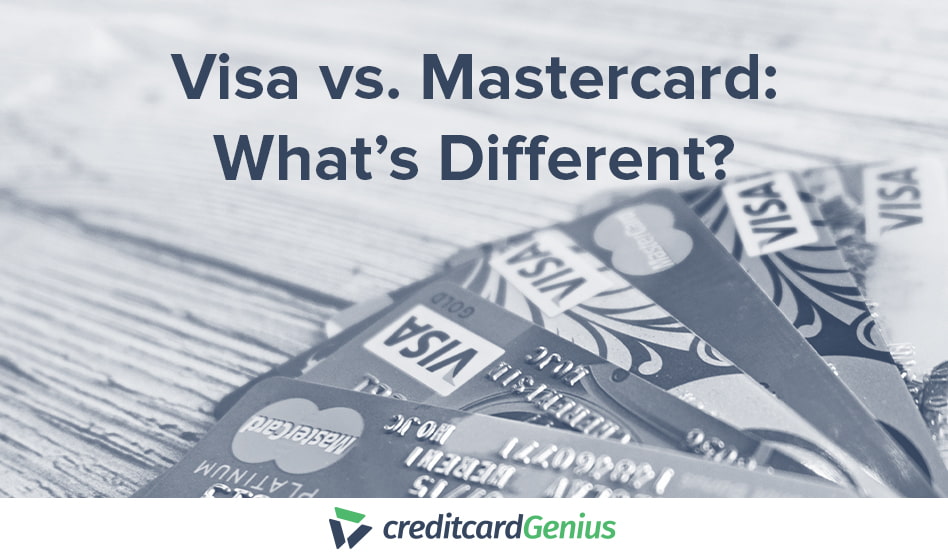


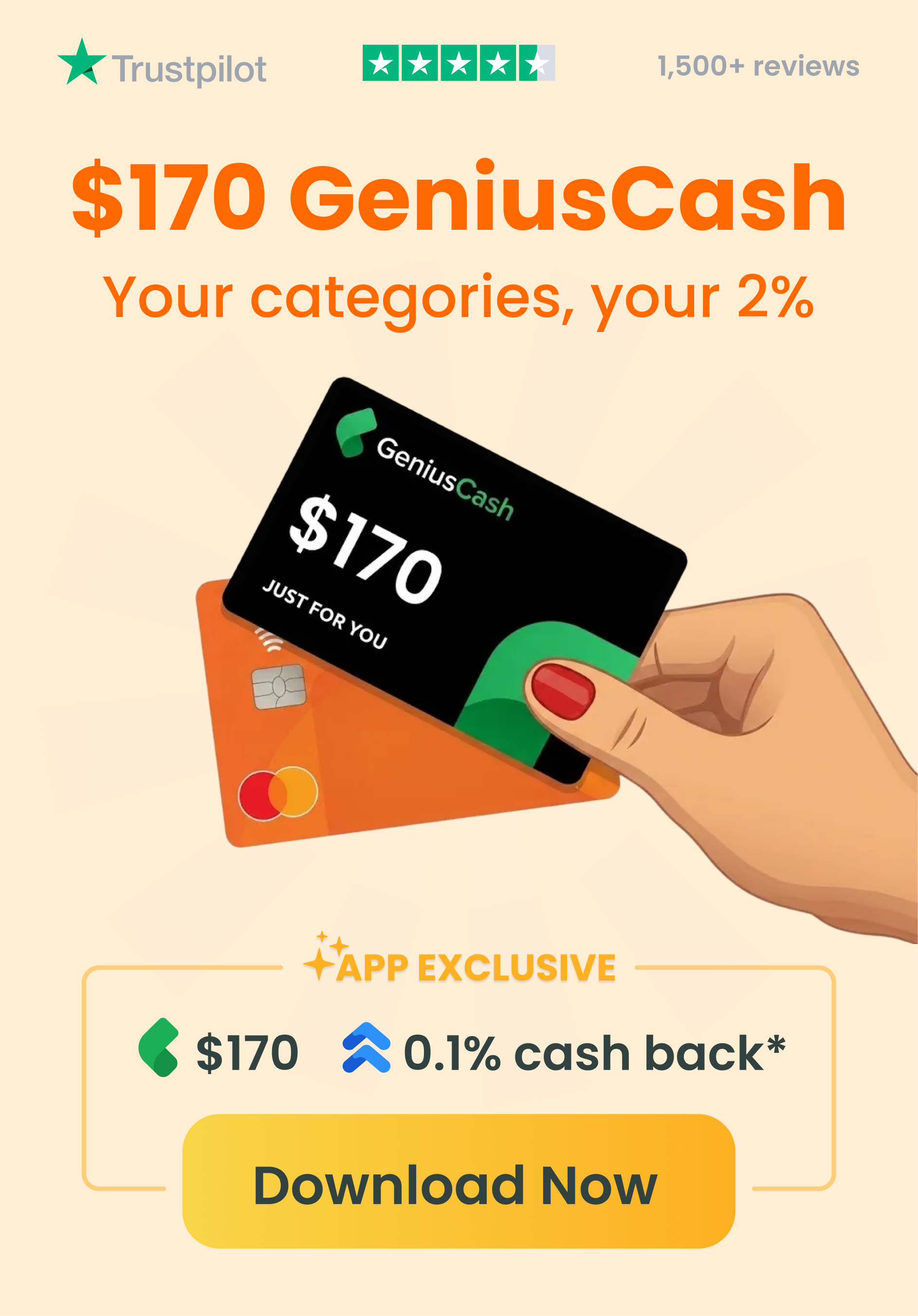





















Comments
Leave a comment
Required fields are marked with *. Your email address will not be published.